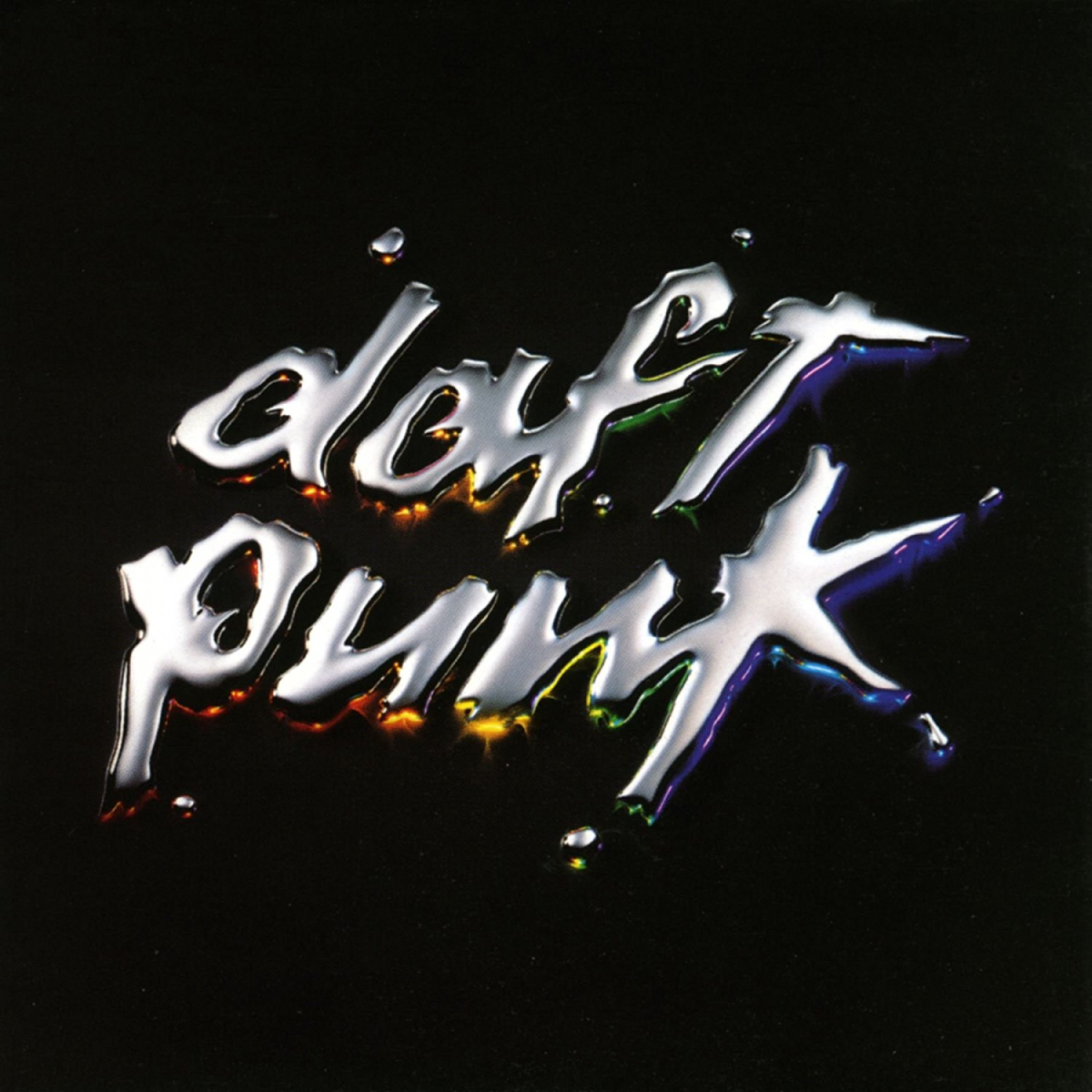Discovery is a record that remains influential, timeless and worthy of cementing Daft Punk’s legacy as electronic revolutionaries.
Daft Punk released their second album on February 26, 2001 and completely changed the game. An album that was released almost two decades ago is worth revisiting to see how it has shaped music culture over the years. This review isn’t necessarily focused on what the album is but more so what the album has done. At its time, it sounded like nothing else and was years ahead of what would one day be the EDM revolution.
The masked duo out of Paris, France were not much more than just two underground DJs at the time and largely unknown to the world. This seemed to change with the release of ‘One More Time’ which was the first single off of their soon to be released album ‘Discovery.’ At first people were not sure what to make of the song’s sound or the auto tuned voices that were dappled throughout. The debut of ‘Discovery’ would later have fans and listeners alike feeling bemused of the new sound. What they were hearing was shifting guitar solos and soft rock samplings paired with poppy backtracks and manipulated singing. On ‘Discovery’ you can hear the samplings of Edwin Birdsong, Barry Manilow, Tavares and Kenny Loggins to name a few. In the years that would follow, the public started to appreciate the art that Daft Punk had released and thus grew the success of one of the most famous duos in electronic music.
The impact of ‘Discovery’ has infiltrated a ton of music people like myself grew up listening to. It changed how people saw what music was capable of becoming. Sampling soft rock in songs become normal for a few years and the extensive use of auto-tuned singing as an art form became commonplace even till this day. I am not kidding when I say that if you have never heard ‘Discovery’ that the chances you have heard pieces of it are quite likely, as it is everywhere. The Black Eyed Peas used it in 2009’s ‘Boom Boom Pow,’ Kanye West used it on 2007’s ‘Stronger,’ and 50 Cent took inspiration from Daft Punk for 2013’s ‘We Up’ featuring Kendrick Lamar. Most of Daft Punk’s legacy from ‘Discovery’ is shown in how music was made in the early 2000s and into the 2010s. It helped to develop the fascination with EDM that would spring up and bleed into pop music as features.
Daft Punk also had a way of branding themselves that seemed strange in 2001 but would later become the industry standard. Today, we know Daft Punk has the helmeted robots who never show face but that wasn’t the case until right before ‘Discovery’ was released. The guys behind the masks, Thomas Bangalter and Guy-Manuel de Homem-Christo, took on the persona after a self-proclaimed studio injury. The pair has recently said its more interesting for the fans to look at the helmets than their aging faces anyway. Whether they intended it or not the duo also became one of the most visually recognizable groups in the dance music world and led the way for a future of disguised DJs. (think Marshmello, Claptone, SBTRKT and Danger)
While ‘Discovery’ is by no means a perfect album, it contains a certain allure that to this day still carries weight. They were ahead of the curve and inspired a whole generation of artists with their sound that in turn inspired us as we grew up post ‘Discovery.’ Few records shape the future like this one has and that’s why it was important to go back and review it. It is a story of how something sounding so unfamiliar became the familiar all because of a chance.
P.S. In 2003 Daft Punk released an album–length film titled ‘Interstella 5555: The 5tory Of The 5ecret 5tar 5ystem’ which visually accompanies each song on the album. I highly recommend it for the storyline alone.
9.5/10
Album Review: Discovery by Daft Punk
March 12, 2020





